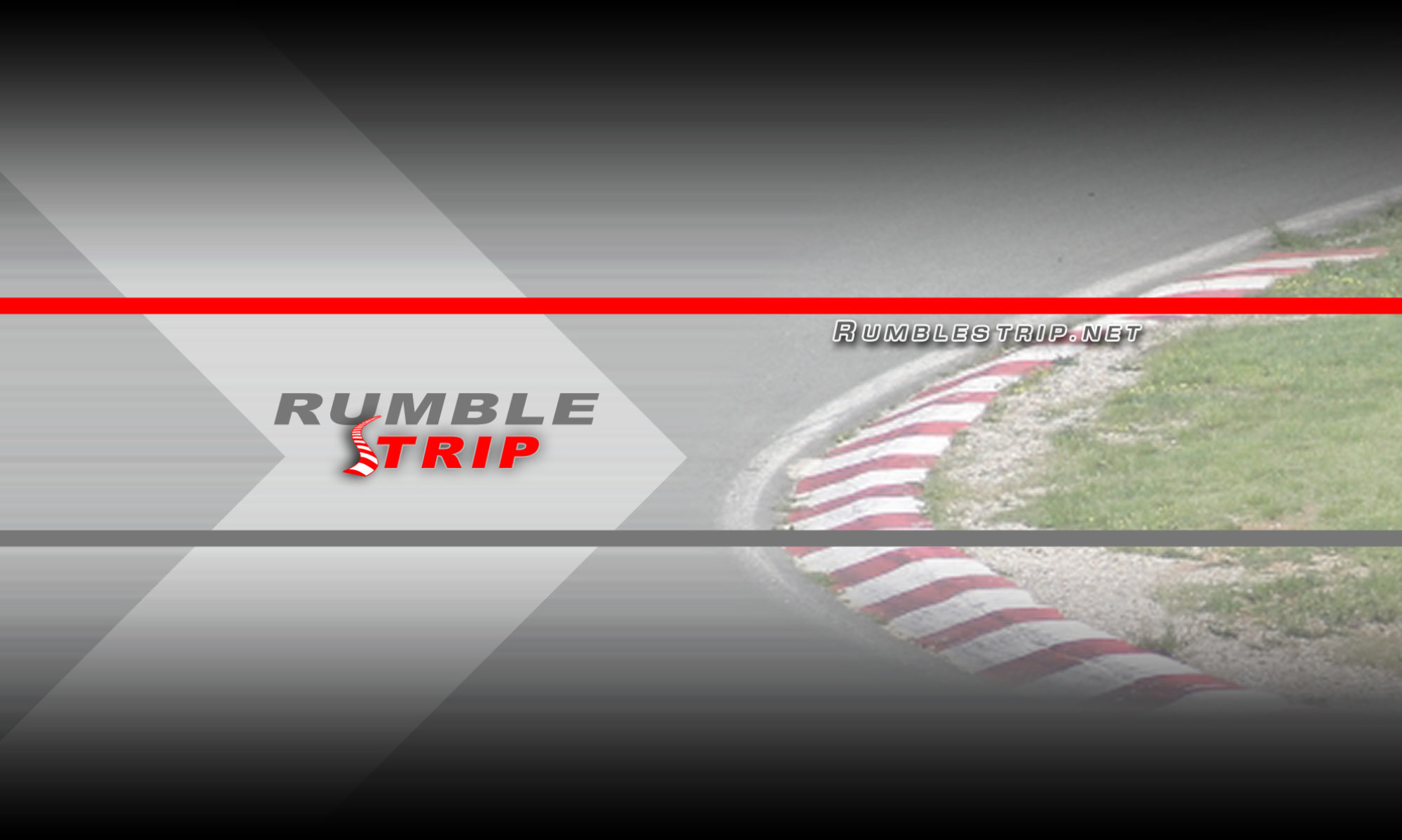





















If you're not living on the edge, you're taking up to much space!






















There is no need to rehash the evolution of Hyundai in the American market in the last eight years, that has been done to death. In that time, Hyundai has built a reputation for quality products that provide excellent value. Where Hyundai has really shined, is in providing high levels of content compared to it’s competition at the same price or less.
When Hyundai decided to bring the Equus to the U.S. a few years ago, many said that Hyundai had gone to far, no one would buy a top end luxury car from the brand, they should focus on what they were good at doing, high value cars for mainstream America.
If there was one car in the Equus’ sights it was the Lexus LS series, the original usurper in the top end luxury segment, Hyundai looked at that playbook, and looked to repeat the success. While the Equus did not take off like the original LS, that was partially due to supply constraints and conservative sales estimate from Hyundai corporate. While the Equus was good when compared against the LS and Mercedes-Benz S-Class it felt about half to three quarters of a generation behind those two in the quality of materials and some overall refinement.
Come the 2014 mid-cycle refresh and most of the issues have been addressed. There is an upgrade to the quality of materials throughout, though there are one or two striking misses, the aircraft style map lights in the rear being a noticeable one.

The styling has been tweaked, a nice clean up in removing some chrome trim from the front and rear bumpers along with the tail light lenses, gives the Equus a more refined look, the new 19” turbine style wheels look very striking as well. Hyundai have also changed out the headlamps and taillights to LED’s as well.
Inside there is an all new dash, instrument panel and center stack. In Ultimate trim there is a control dial on the steering wheel for the infotainment system’s 9.2” display that provides haptic feedback.

The infotainment system is an up to date system with a 64 gig SSD drive, with 30 gigs reserved for music, videos and photos. The Nav system has “Junction View” giving you a graphical representation of Interstate interchanges and which lane and route to take. Also down in the Nav system menus, there is the ability to see how far a rest stops are down the road.

In the instrument cluster there is a 7” display between the speedometer and tachometer, for additional information, including turn by turn directions from the Nav system. The Equus also is, in Ultimate trim, equipped with a Heads Up Display. If you’ve never driven with a modern HUD unit, it is something that is very nice to have. The HUD unit will display speed, turn by turn directions and blind spot warnings.
If you choose to ride in the back, this is an “Executive Luxury Sedan” after all, there are dual 9.2” displays, power door closure, and four way power lumbar adjustments to the rear seats.

Out on the road the Equus drives well, it feels like a large solid car. There are two drive modes for the suspension, “Normal” and “Sport”. Most people will not move out of the Normal setting and that’s fine, the ride and handling are compliant, and there is no float to the ride. Change to Sport and things firm up, the steering has a little more weight and feel to it, but the change in settings does not transform the Equus into a “Sport Sedan”.
Power for the Equus is the excellent 5.0 liter Tau V8 engine producing 429 horsepower, matched up to an 8 speed automatic transmission. While one would not call the Equus fast, the power is more than adequate, you never feel as if you are laking for power. You can get up to speed quickly, on a two lane road you have plenty of torque to get you around slower cars and safely back into your lane. Merging on to highways is not a problem at at all. Best of all, unlike some other cars in this class the Equus does not require Premium Fuel.

The Equus comes in two trim levels, Signature and Ultimate. Pricing for the two models is $61,920 for the Signature and $68,920 for the Ultimate, that is $1,750 more than the outgoing model. Compared to others in the category the Equus is $11,000 less than the Lexus LS, $33,000 less than the BMW 7 Series and $37,000 less than the Mercedes S-Class.
While many might think that people who would buy a Lexus, Mercedes, Audi or BMW would not be interested in the Equus, according to Hyundai America CEO John Krafcik, they have had a significant amount of conquest business from those other brands.
While at the end of the day the Equus might not be quite as good as the Lexus LS, it’s 95-98% as good and at a much better price point. The interior and ride quality are on par with the outgoing Mercedes S-Class, at a huge savings, without some of the service headaches that come from owning a German car.

The Equus is a player in the market and shouldn’t be discounted, we saw 20+ years ago how the German luxury makers dismissed Lexus, and we saw how well that worked out. Given what Hyundai is doing with their mainstream products, the Equus shouldn’t be dismissed either.




























